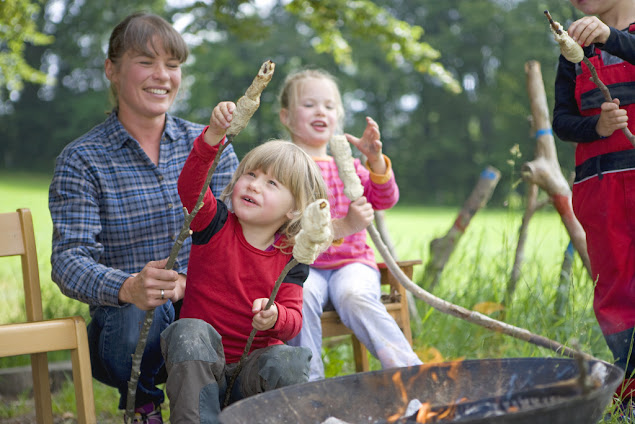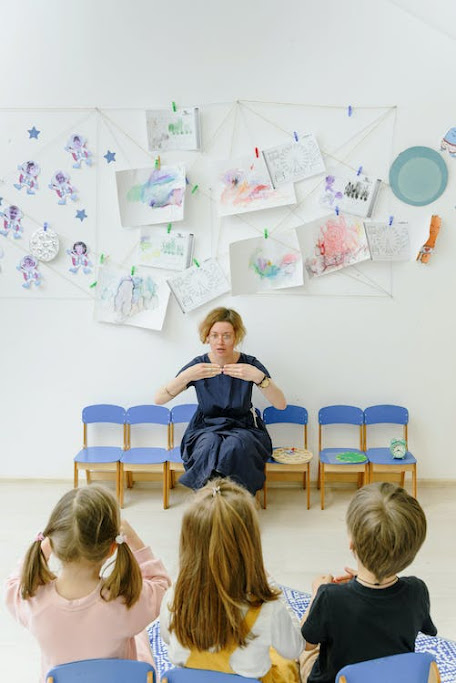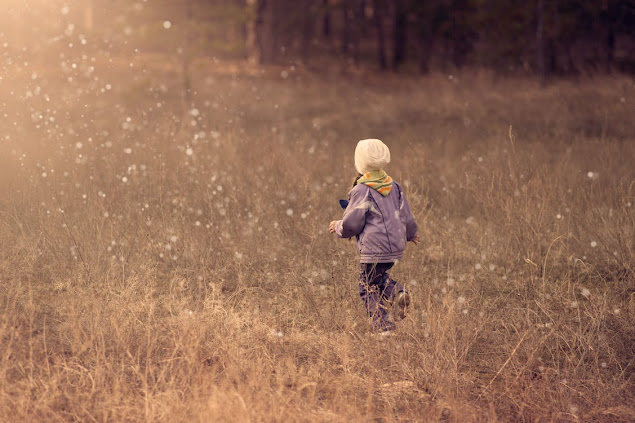It is essential to ensure your kids stay
healthy and fit. Not only does it keep them looking good, but it also helps to
maintain their health and well-being. According to the Centers for Disease
Control and Prevention, childhood obesity has more than doubled in children and
quadrupled in adolescents in the past 30 years. That's a staggering statistic,
underscoring how important it is for parents to ensure their kids stay healthy.
Parents are responsible for kids' health
and must ensure every aspect gets covered. However, it can be challenging to
identify where to start. After all, there are a lot of different elements to
kids' health, from physical to mental health. However, one area often
overlooked is kids' appearance.
While many parents focus on ensuring their kids are healthy on the inside, taking care of their appearance outside is also essential. Kids' appearances can impact their self-esteem and how others perceive them. Therefore, parents must ensure they're doing everything possible to help their kids look and feel their best.














